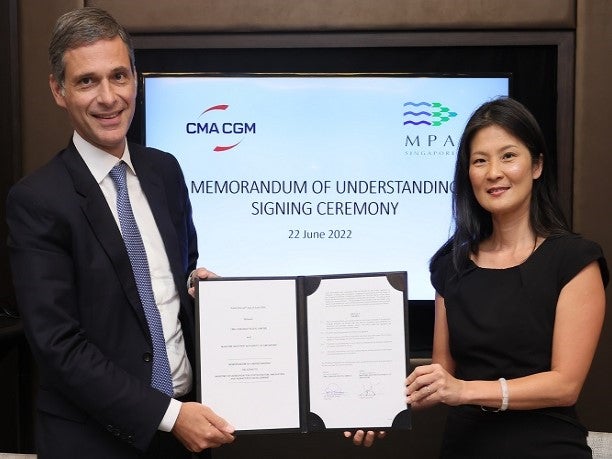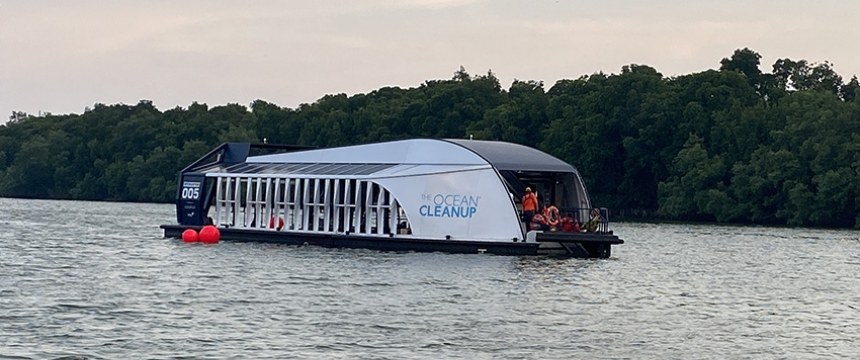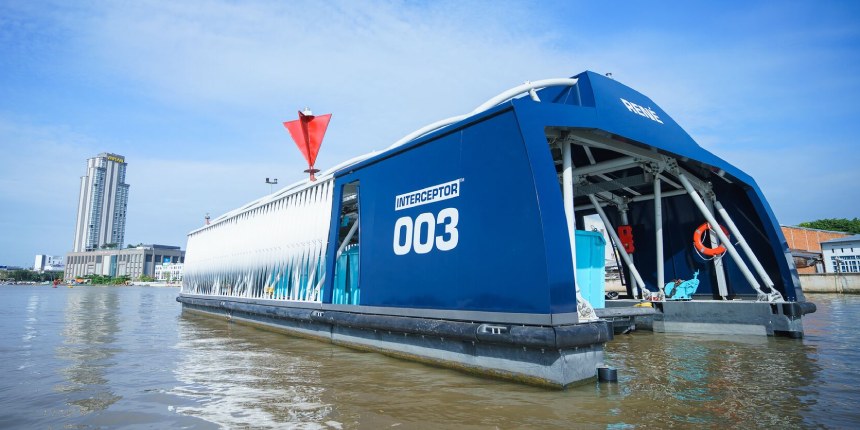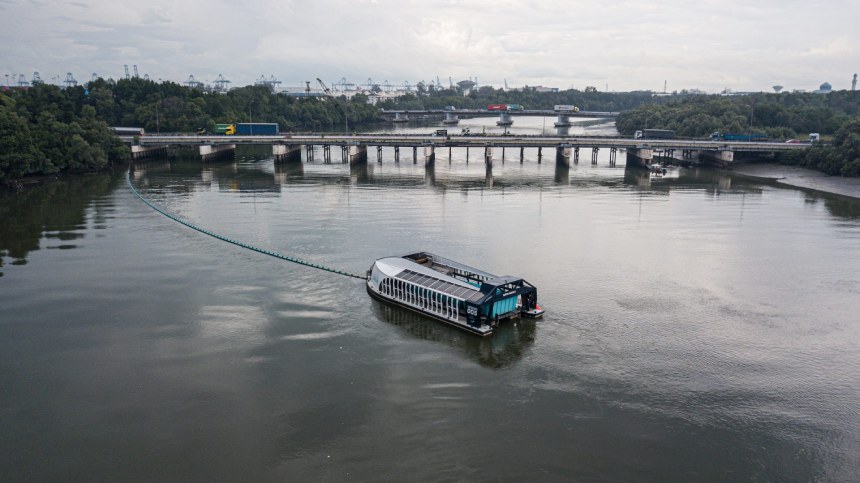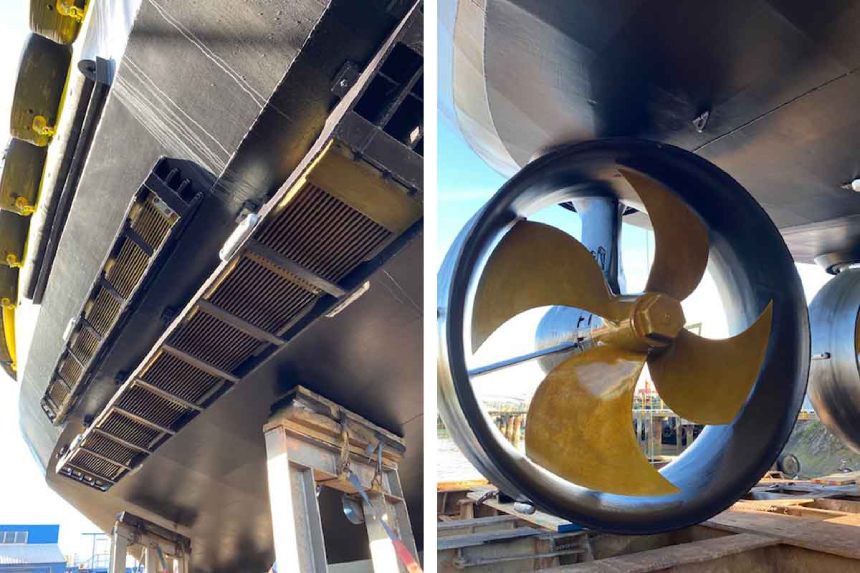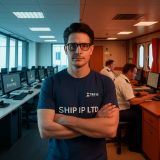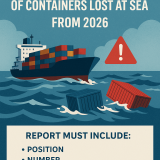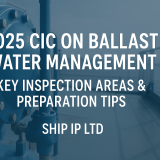Partners sign a memorandum of understanding (MOU) to enable the fast-tracking of vessel data collection to support compliance and performance in areas such as cyber security, carbon emissions and safety
Oslo and Paris, 21 June 2022. Marlink, the smart network group, and leading classification society Bureau Veritas, have signed an agreement to accelerate the delivery of cyber-secure digital tools and safety services in the maritime industry.
The agreement links Marlink’s smart hybrid connectivity with the remote digital and safety services provided by BV. Having identified crossovers in their mutual customer base, the partners will collaborate to help enable maritime stakeholders to more easily adopt cyber-strengthened digital tools and applications using the Marlink network.
The partners have put in place a working group to support shipowners around improving the cyber-security of vessel data collection and facilitating compliance with regulation. This will support remote and digital operation modes on a journey to smarter, remote and, ultimately, autonomous ships with zero-emission.
Through their experience, Marlink and Bureau Veritas identified the need for dedicated channels of co-operation recognising a common interest in removing the barriers to smarter, cleaner vessel operations. The two organisations will seize opportunities to work outside the silos that have held back the industry from accessing data that can lower operating costs, save fuel and drive compliance.
The partner program will be expanded over time, with a proactive approach towards new areas of collaboration bringing in new initiatives where possible, ultimately leading the industry into new eras around smart shipping, unmanned and autonomous vessels. As well as simplifying implementation of cyber security standards for shipyards, the agreement is ‘open source’ enabling third party application providers, start-ups and software developers to participate where appropriate.
“This is a partnership with real purpose whose foremost point is to take action to integrate digital tools and services that can bring value for shipowners and encourage and further develop cyber-secure, innovative Class operations,” said Matthieu de Tugny, President, Bureau Veritas, Marine & Offshore. “BV is dedicated to helping our clients understand and manage the challenges of decarbonisation and adopt the digital tools that can support the transition.”
“Shipowners face huge efficiency and compliance challenges over the next decade and these need to be considered now to create a future-proof path that can integrate core operational components onboard and ashore,” said Tore Morten Olsen, President, Maritime, Marlink. “Digitalisation is critical to improving voyage optimisation and vessel performance, achieving regulatory compliance and meeting ESG goals, but shipowners shouldn’t have to act as project managers – this partnership means they can streamline and simplify their digital journey based on Class guidelines and recommendations.”
About Marlink
Marlink is the trusted partner in fully managed smart network solutions, based on an intelligent hybrid network and unrivalled digital solutions.
The company provides Smart Network Solutions, connecting people and assets around the globe and across all markets where conventional connectivity cannot reach or is not available. Marlink’s Intelligent Hybrid Network combines global satcom and terrestrial technologies via a proprietary global infrastructure.
The Marlink Smart Edge, an integrated service delivery platform, orchestrates and optimises all network elements and applications, from data handling and IT to application-based routing (SD Wan), cloud and Digital Solutions, including remote data and IT, cyber security as well as IoT/OT solutions.
This provides customers with full ‘Peace of Mind’ that their chosen network solution is fully optimised, integrated and has the security required to operate more profitably and sustainably, increasing their efficiency and safety through operational optimisation, tracking and routing, monitoring and reporting.
Marlink’s Smart Network Solutions are provided as Managed Services meeting the highest quality standards and service level agreements. The company proactively monitors and supports network solutions, providing alerts, reporting and insights on performance and usage of connectivity, systems, and applications as well as advice and consultancy on how to further optimise customer networks.
